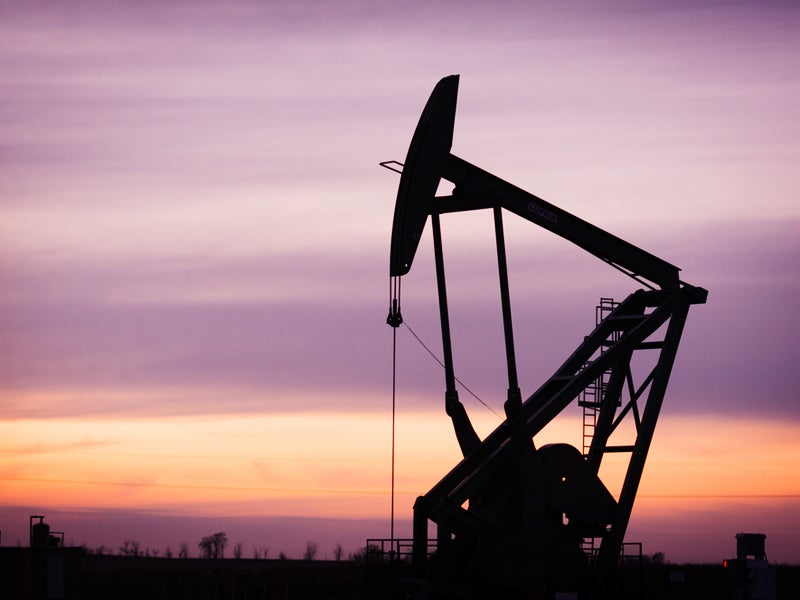Standing Rock Sioux To Federal Government: Halt the Pipeline
The federal government is expected to approve the Dakota Access Pipeline to transport crude oil through North Dakota, threatening native people like the Standing Rock Sioux, and the environment.

This page was published 9 years ago. Find the latest on Earthjustice’s work.
For the last two years, the Standing Rock Sioux people have actively opposed a massive crude oil pipeline that threatens our lives, livelihoods and land we have called home since time immemorial.
The confluence of the Missouri and Cannonball Rivers in North Dakota is sacred ground for the people of Standing Rock. We have sacred stories, sacred objects and a history of ceremony here. We have ancestors buried here. It is also a place of peace where we could meet with other Nations to pray and trade. I personally welcomed President Obama—only the fourth time in U.S. history a president has visited an Indian reservation—at this site in 2014.
Within the next few days, the federal government is likely to approve the Dakota Access Pipeline, capable of carrying 570,000 barrels of crude oil a day, which would cut through the heart of this area just a few yards outside the border of our reservation. The pipeline would cross underneath the Missouri River, which is the cultural, economic, and spiritual lifeblood of my people. An oil spill in the Missouri would be devastating.
Originally, the pipeline was routed just north of Bismarck, North Dakota, also along the banks of the Missouri. But Bismarck gets its drinking water from the river, and the risk of an oil spill was deemed too great. So the pipeline’s parent company moved it downstream, to where the Standing Rock Sioux live. Apparently, our drinking and irrigation water doesn’t matter as much.
Oil pipelines leak, spill and rupture. It happens all the time. A segment of the Keystone pipeline, built in 2010, spilled 35 times in its first year of operations. A study by the Guardian newspaper revealed that there were over 300 pipeline crude oil spills in North Dakota in the last two years, the vast majority of them unreported to the public. Massive spills on the Kalamazoo and Yellowstone Rivers have decimated those ecosystems and the communities that rely on them. And that’s just the ones we know about. A pipeline spill is not a matter of “if”—it’s a matter of where and when. It is unacceptable to place the risks and burden of an oil spill at the doorstep of our tribal nation and ancestral lands.
The U.S. Army Corps of Engineers, which is the federal agency granting the permit, hasn’t taken seriously our sacred sites or the risks to our people from an oil spill. Sadly, for us, this is history repeating itself. This is Oceti Sakowin territory, but my ancestors were forced into signing a treaty removing them from their ancestral lands onto a reservation. Over time, Congress passed laws that took more and more of the reservation away from us. In the early 1960s, the Army Corps built dams on the Missouri that flooded the best remaining lands on the reservation, forcing people out of their homes and destroying our farms, timber and wildlife habitat. No one ever asked us, it just happened.
The Dakota Access Pipeline is the latest chapter in this sad story. Today, we have laws that require that agencies consider environmental risks like oil spills before making decision. We have laws that require the protection of Indian historic and sacred sites. But the Army Corps has ignored those laws with a narrow and legalistic interpretation of its responsibilities, to help the pipeline company meet its preferred construction schedule that starts in a few weeks.
The Standing Rock Sioux have a saying: Mni Wiconi—Water is Life. We don’t need another crude oil pipeline, but we can’t live without water. The United States government is poised to make another decision that puts our water, our lives, and cultural lifeblood in jeopardy.
This blog was first published by The Hill on April 30, 2016.